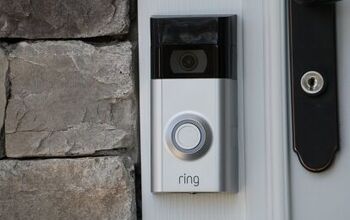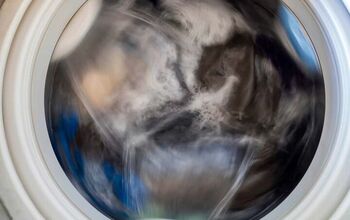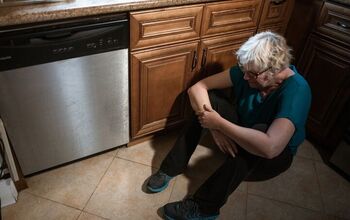Is It Safe To Sleep With AirPods In Your Ears?

AirPods are so convenient and common that you can see people wearing them anywhere and in any situation. Their comfort and convenience make it tempting to wear AirPods everywhere, and that includes while in bed. So, is it safe to sleep with AirPods in your ears?
It is generally unsafe to sleep with AirPods in your ears because it can increase the risk of ear infection. The AirPods will plug your ears so that moisture will build up and the wax cannot escape, which lets bacteria grow. You may also experience hearing loss if you sleep with AirPods in your ears if the volume is above 60%.
Hearing loss can also occur if you keep your AirPods in your ears for over 90 minutes each day. AirPods don’t cause hearing loss unless you wear them for too long and increase the volume past 60% of their capacity. Follow along as we explore whether or not it’s safe to sleep with AirPods in your ears.
Is It OK To Sleep With AirPods?
It is not generally considered safe to sleep with AirPods. You can sleep with AirPods, but you risk experiencing a painful ear infection. AirPods can also potentially damage your eardrums if you fall asleep with music playing at a high volume.
Excessive wax can accumulate within your ears and become trapped if you sleep with AirPods in your ears. This can lead to temporary hearing loss, which can be quite uncomfortable and complicate daily life. Whether you get an ear infection or not, there is a good chance that bacteria will grow and thrive if you sleep with AirPods.
Your ears may itch both internally and externally in this case. That doesn’t mean that you’ll experience horrible consequences if you accidentally fall asleep with your AirPods in for a few hours. However, you shouldn’t make a habit of sleeping with AirPods regularly because you risk hearing loss and painful ear infections.
Can Sleeping With AirPods Cause Ear Infection?
You can get an ear infection if you sleep with AirPods or similar earbuds. AirPods can trap moisture and wax in your ears, creating conditions for infection. The buildup of wax and moisture can eventually lead to a painful ear infection.
Ear infections are known to come on quickly. You may even wake up with an ear infection if you sleep with your AirPods overnight. Key signs of an ear infection include difficulty hearing, leaking fluid, and ear pain.
However, some of these symptoms also apply to a buildup of ear wax. Ear wax can build up and become impacted if you wear AirPods overnight, presenting the same symptoms as an ear infection. That’s why it’s worthwhile to visit an ear, nose, and throat doctor if you are concerned. They can prescribe medication to help clear up your ear infection.
Is It Better To Sleep With Headphones or Earbuds?
It is slightly better to sleep with earbuds than headphones, but neither option is ideal. Sleeping with over-ear headphones carries many of the same risks as sleeping with AirPods. However, over-ear headphones are slightly more dangerous because they can harm the outside of your ears and head as you sleep.
The shape of traditional headphones makes it easy to shift and apply too much pressure on your skull or ear. It’s also easy to accidentally increase the volume while sleeping if your headphones feature a volume knob. Much like earbuds, headphones can also trap moisture and earwax.
However, over-ear headphones typically create less of a vacuum in your ears than AirPods. You can safely sleep with AirPods and headphones if you exercise caution. It’s not necessarily worth the risk if you move around a lot in your sleep because there is always a chance that you can damage your ears or even increase the volume.
Do AirPods Cause Hearing Loss?
Headphones and AirPods can cause hearing loss over time. This doesn’t typically happen overnight, however. You are more likely to experience hearing loss if you listen to music at a high volume or use your AirPods for several hours each day.
Hearing loss is avoidable if you exercise caution and keep the volume as low as possible. Try to set your volume between 40% and 60% of the maximum volume or lower. Luckily, hearing loss is not always permanent and you can lessen the impact if you reduce exposure to loud noise.
Headphones and earbuds of any kind can cause hearing loss, so it’s not just AirPods that are problematic. The proximity of the audio source to your eardrums and the hairs within your ear causes hearing damage. You cannot repair or replace your ear’s hair cells once they are damaged, so you should minimize how much you use headphones of any kind during the day.
How Long Should You Wear AirPods Each Day?
Ideally, you should wear your AirPods for no longer than 90 minutes each day. That doesn’t mean that you’ll immediately damage your ears if you wear them longer than that, but it does increase the chance of hearing loss. Doctors suggest that you avoid wearing AirPods and earbuds for more than an hour at a time.
It helps to let your ears rest for up to an hour before you put your AirPods back in. This can give your ears a much-needed break so that you don’t strain them too much. Try to set your volume to 40%-50% of the maximum volume to protect your ears if you must wear your AirPods for more than 90 minutes per day.
Do AirPods Cause Tinnitus?
AirPods only cause tinnitus if you misuse them and turn the volume too high. This uncomfortable ringing in your ears can be quite frustrating, so it’s best to exercise responsible volume practices. Overexposure to loud sounds is the main cause of tinnitus.
You can get tinnitus if you fail to wear ear protection in loud environments, such as concerts and construction sites. Headphones of any kind can cause tinnitus as well because of how close they are to your eardrums. Never exceed 60% of your AirPod’s maximum volume or else you will increase the risk of tinnitus.
There is no official cure for tinnitus, but it can fade over time. Reduce your exposure to loud music and wear ear protection in noisy environments to lessen the severity of your tinnitus. In some cases, tinnitus can even go away within a year if you avoid triggers.
Can AirPods Get Stuck In Your Ear?
It is rare, but AirPods can get stuck in your ear. The most common scenario is that the tip of an AirPod remains in your ear after removing the plug. This can happen if you sleep with AirPods in your ear because you may compress them deeper.
Never push your AirPods deep into your ears. Ear obstructions are dangerous and may require medical attention in extreme cases. Luckily, AirPod users are typically able to remove lodged AirPods with tweezers. Visit a medical professional if you are unable to remove stuck AirPods from your ears.
At What Volume Do AirPod Pros Leak?
You can expect your AirPod Pros to leak if you set the volume to 70% or higher. The sound may leak and be perceivable at a lower volume if you are in a silent environment, however. Not only is it dangerous to push the volume higher than 70%, but it is also a social foul in many situations.
The last thing that you want is for your volume to leak in an inappropriate situation, such as at work or in a waiting room. Newer generations of AirPods don’t leak quite as much, however, so you don’t have to worry about it as much.
Summing It Up
It is unsafe to sleep with AirPods in your ears. The AirPods can become stuck in your ears if you move around in your sleep. You are also likely to get an inner ear infection if you sleep with AirPods because moisture and earwax cannot escape.
Visit a doctor if you experience sharp ear pain the day after sleeping with AirPods. You may need antibiotics if you have an ear infection. Avoid wearing AirPods for more than 90 minutes total per day. Even wearing AirPods for an hour can strain your ears if the volume is higher than 60% in some cases.
Related Guides

Nick Durante is a professional writer with a primary focus on home improvement. When he is not writing about home improvement or taking on projects around the house, he likes to read and create art. He is always looking towards the newest trends in home improvement.
More by Nick Durante



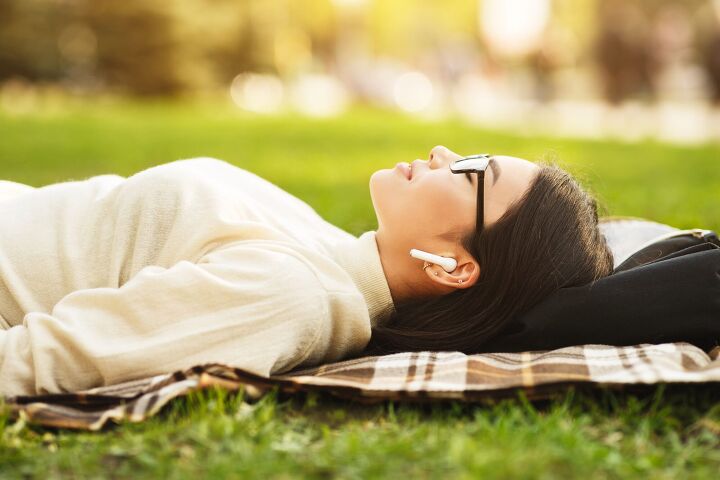







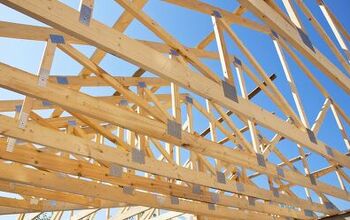
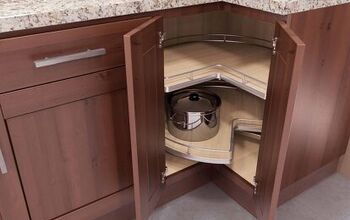
![The 10 Best Table Saws - [2022 Reviews & Buyer's Guide]](https://cdn-fastly.upgradedhome.com/media/2023/07/31/9070645/the-10-best-table-saws-2022-reviews-buyer-s-guide.jpg?size=350x220)
